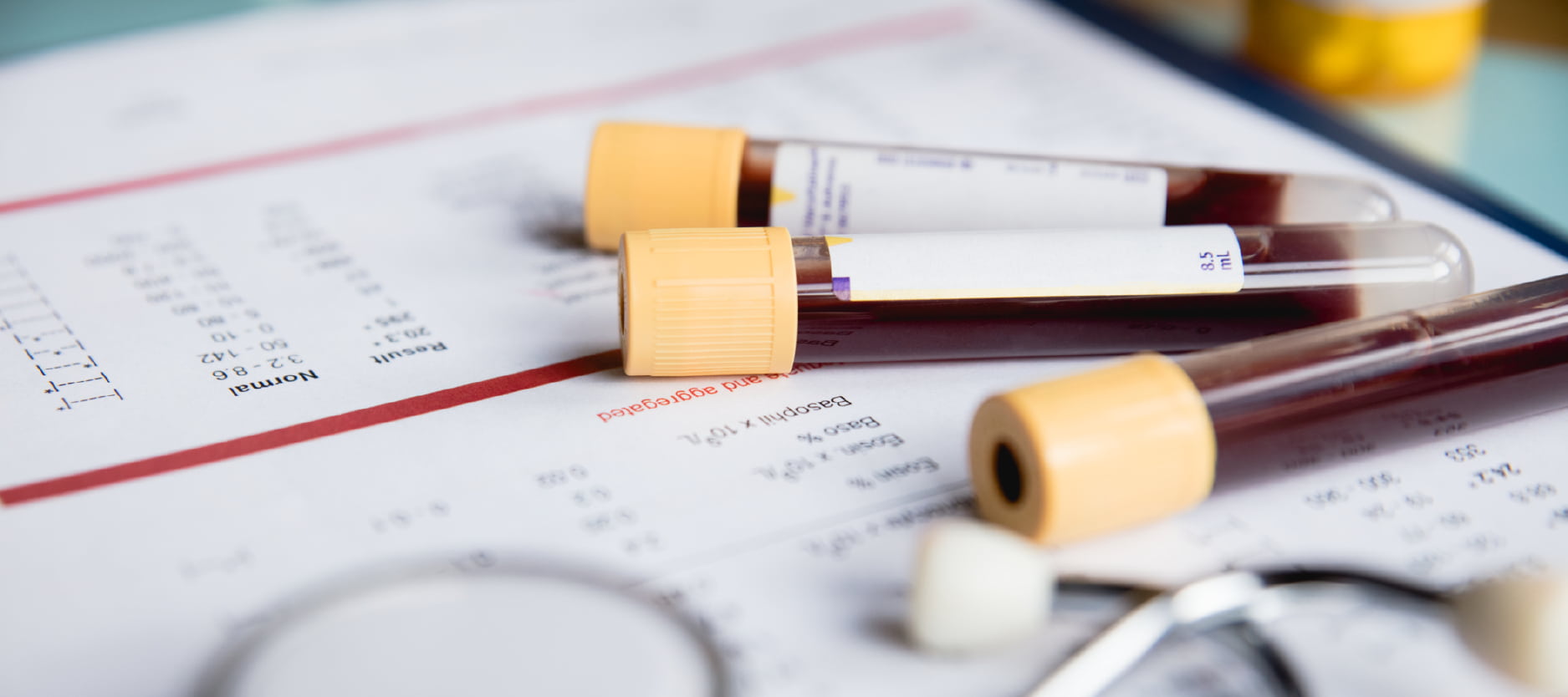More and more, we’re learning about connections between mental health and physical health. While we may think of the brain and the heart as two very different organs, there’s a link between what you think and your heart health!
Did you know that people with poor heart health are more likely to develop depression?
The Centers for Disease Control link mental health disorders like mood disorders (including depression), anxiety disorders, post-traumatic stress disorders (PTSD), and chronic stress and their association with heart disease.
In this article, we’ll look deeper at why depression and heart disease commonly coexist. But before we do that, let’s define these conditions.
Here’s what we mean by depression
Depression is not the same as having a ‘down day’, and it can present differently from one person to the next. Depression is characterized by the following symptoms:
- Feeling sad or down
- No longer interested in activities you once enjoyed
- Loss of appetite or binge eating
- Insomnia or excessive sleeping
- Loss of energy
- Fatigue
- Difficulty concentrating and making decisions
- Feelings of worthlessness
- Suicidal thoughts
- Irritability
It’s normal to experience some of these symptoms, like low energy. But if you have many of these symptoms, and they continue for more than two weeks, you could be depressed.
Now, let’s talk about heart disease
Heart disease isn’t just one disease. It’s an umbrella term for a number of different diseases of the heart. The most common ones are:
- Coronary heart disease (which can cause a heart attack)
- Heart failure
- Heart valve disease
- Arrhythmia
The symptoms of these diseases differ, but common symptoms of a heart issue include shortness of breath, an irregular heartbeat, nausea, weakness and shortness of breath. Your heart rate and blood pressure, if high or low, might also be signs of a heart problem. It’s important not to ignore any signs or symptoms that could indicate a heart issue.
Why heart disease can lead to depression
If you’ve been diagnosed with coronary artery disease, heart failure or another heart disease, life can change dramatically. You may need surgery, and be confined to bed for weeks. While you recover, you may be too weak to do the activities you love, such as golfing. Because of this, you might not see your friends as often.
In other words, the lifestyle changes brought about by a heart condition can lead to feelings of isolation and sadness. If you experience these feelings more often than not, you may have clinical depression.
In addition to the physical limitations, many who have had a heart attack or have been diagnosed with a life-threatening heart issue also report increased anxiety. It's natural to worry about your health, and this concern is good when it causes you to make steps to improve health. But once you’ve made changes, health anxiety no longer helps and can cause depression.
It’s a two-way street: Depression can also lead to heart disease
While the emotional and life changes that come with heart disease can lead to depression, the connection goes the other way, too. People who have heart disease are at a higher risk of developing depression.
People who are depressed have a higher level of stress hormones. Elevated stress hormones, over time, cause blood pressure to rise, putting more wear and tear on the heart and arteries.
Many studies also show that people with depression have stickier platelets, which are found in the blood, leading to an increase in blood clotting. Scientists think this happens because of an abnormal serotonin response, as serotonin is a chemical used not just in the brain but throughout the body. But this is a complicated area of science that is not yet conclusive.
Also, mental health disorders like depression or anxiety can change the way a person acts. People who are depressed or anxious are more likely to engage in risky health behaviors like smoking. Plus, they may struggle to get out of bed and be active, and they may forget to take their medications. Smoking, skipping medications, and inactivity all increase the risk of heart disease.

Untreated depression and heart disease are not a good combination
People who have heart disease and depression face a higher risk of disability and death, compared to those who have heart disease but not depression. One scientific review found 7 of 12 studies made this link. In the 7 studies, people who had both conditions were more than 2 to 5 times more likely to die from a cardiac issue, compared to those who had heart disease alone.
Given that depression can contribute to heart disease by increasing clotting and blood pressure, it’s not surprising that untreated depression worsens existing heart problems.
How to lower your risk of depression and improve your heart health
Find a support group
Talking to others who are facing a similar heart issue can help ease your anxiety. By sharing your fears, you can address them instead of letting them build up. Ask your doctor about local support groups for heart patients, or talk therapy groups for depression and anxiety. You may also find free and helpful online groups that are specifically targeted to people with depression or heart disease.
Eat healthy
Depression can reduce your motivation to buy fresh fruits and vegetables and cook for yourself. Many people with depression may ‘eat their feelings’ and overeat high-fat and high-carb foods, which are dangerous for the heart.
Eating a diet rich in whole grains, healthy protein, and fruits and vegetables is good for your heart and your mood. One recent study found that people who were assigned to a healthy diet reported reduced depression symptoms, compared to those who continued their usual diet. If motivation is an issue, look for simpler recipes and pre-prepared options like meal kits, and plan and buy more healthy food during times you have more energy.
Reduce your stress levels
Stress means the heart has to work overtime, and stress can also contribute to depression. To reduce your stress levels, there are many tried-and-true methods, including walking (especially in nature), meditating, and talking to loved ones.
Get enough sleep
Adequate sleep is important for improving mood, as well as controlling stress and blood pressure. But many people with depression often have trouble falling asleep or staying asleep.
Experts recommend a sleep routine — going to bed at the same time every day and winding down before bed with relaxing activities. Remember that darker lighting triggers the brain to make another hormone called melatonin, which helps people fall asleep. So avoid blue light from screens, which can interrupt the release of melatonin.
Exercise
Many people feel better after they exercise, as exercise boosts serotonin in the brain, and serotonin is known as a ‘feel good’ brain chemical. Exercise can not only help with depression symptoms – regular exercise is the best thing you can do for your heart. It reduces the risk of dying from heart disease by a whopping 50%.
Enjoy the sun
Exposure to sunlight is believed to increase the brain’s release of a hormone called serotonin. Serotonin is associated with improved mood and it helps people feel calm and focused.
In addition to boosting mood, the sun may directly help with heart health. Studies have shown that exposing the skin to the sun may help to reduce blood pressure, thereby cutting the risk of heart attack and stroke. Researchers have suggested that when our skin is exposed to the sun's rays, nitric oxide is released in our blood vessels. Nitric oxide can help to relax the blood vessels, which helps to lower blood pressure.
The bottom line
Our hearts are indeed connected to our emotions, though not in the way that storybooks portray. If you’re depressed, you might be at a higher risk of heart disease. And if you have heart disease, you face a higher risk of becoming depressed. By being aware of the risk, you can take steps to improve both your heart health and your mood.
If you think you might have depression, or if you think you’re experiencing any heart symptoms, please speak to your physician.















.svg)




